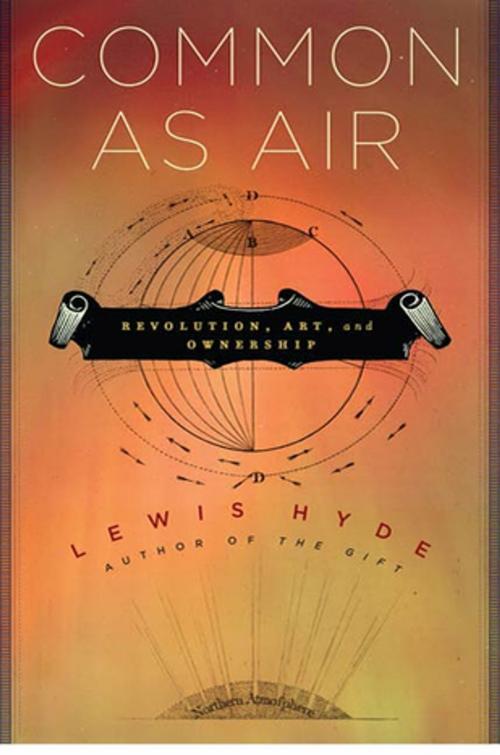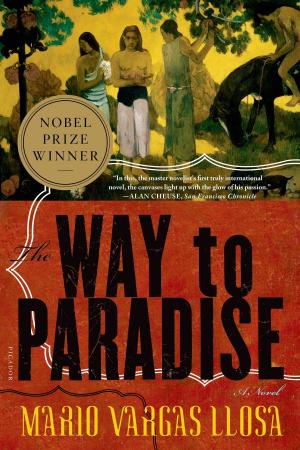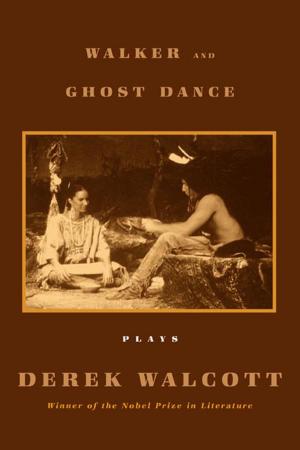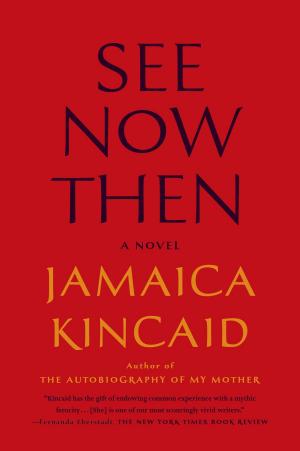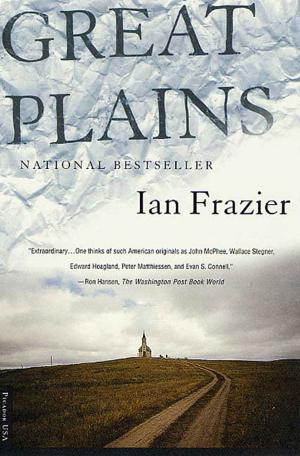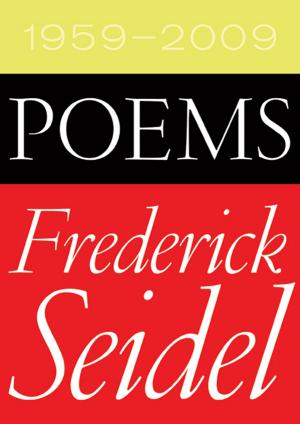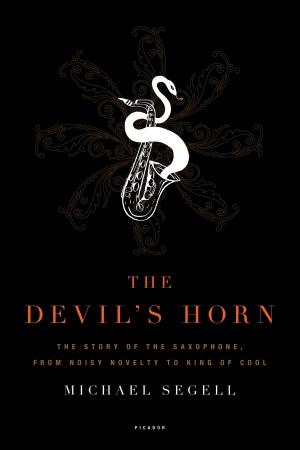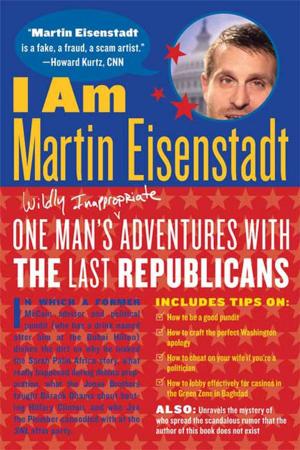Common as Air
Revolution, Art, and Ownership
Nonfiction, Reference & Language, Law, Patent, Trademark, & Copyright, History| Author: | Lewis Hyde | ISBN: | 9781429979641 |
| Publisher: | Farrar, Straus and Giroux | Publication: | August 17, 2010 |
| Imprint: | Farrar, Straus and Giroux | Language: | English |
| Author: | Lewis Hyde |
| ISBN: | 9781429979641 |
| Publisher: | Farrar, Straus and Giroux |
| Publication: | August 17, 2010 |
| Imprint: | Farrar, Straus and Giroux |
| Language: | English |
Common as Air offers a stirring defense of our cultural commons, that vast store of art and ideas we have inherited from the past that continues to enrich our present. Suspicious of the current idea that all creative work is "intellectual property," Lewis Hyde turns to America's founding fathers—men like John Adams, James Madison, and Thomas Jefferson—in search of other ways to value the fruits of human wit and imagination. What he discovers is a rich tradition in which knowledge was assumed to be a commonwealth, not a private preserve.
For the founding fathers, democratic self-governance itself demanded open and easy access to ideas. So did the growth of creative communities, such as that of eighteenth-century science. And so did the flourishing of public persons, the very actors whose "civic virtue" brought the nation into being.
In this lively, carefully argued, and well-documented book, Hyde brings the past to bear on present matters, shedding fresh light on everything from the Human Genome Project to Bob Dylan's musical roots. Common as Air allows us to stand on the shoulders of America's revolutionary giants and to see beyond today's narrow debates over cultural ownership. What it reveals is nothing less than an inspiring vision of how to reclaim the commonwealth of art and ideas that we were meant to inherit.
Common as Air offers a stirring defense of our cultural commons, that vast store of art and ideas we have inherited from the past that continues to enrich our present. Suspicious of the current idea that all creative work is "intellectual property," Lewis Hyde turns to America's founding fathers—men like John Adams, James Madison, and Thomas Jefferson—in search of other ways to value the fruits of human wit and imagination. What he discovers is a rich tradition in which knowledge was assumed to be a commonwealth, not a private preserve.
For the founding fathers, democratic self-governance itself demanded open and easy access to ideas. So did the growth of creative communities, such as that of eighteenth-century science. And so did the flourishing of public persons, the very actors whose "civic virtue" brought the nation into being.
In this lively, carefully argued, and well-documented book, Hyde brings the past to bear on present matters, shedding fresh light on everything from the Human Genome Project to Bob Dylan's musical roots. Common as Air allows us to stand on the shoulders of America's revolutionary giants and to see beyond today's narrow debates over cultural ownership. What it reveals is nothing less than an inspiring vision of how to reclaim the commonwealth of art and ideas that we were meant to inherit.
